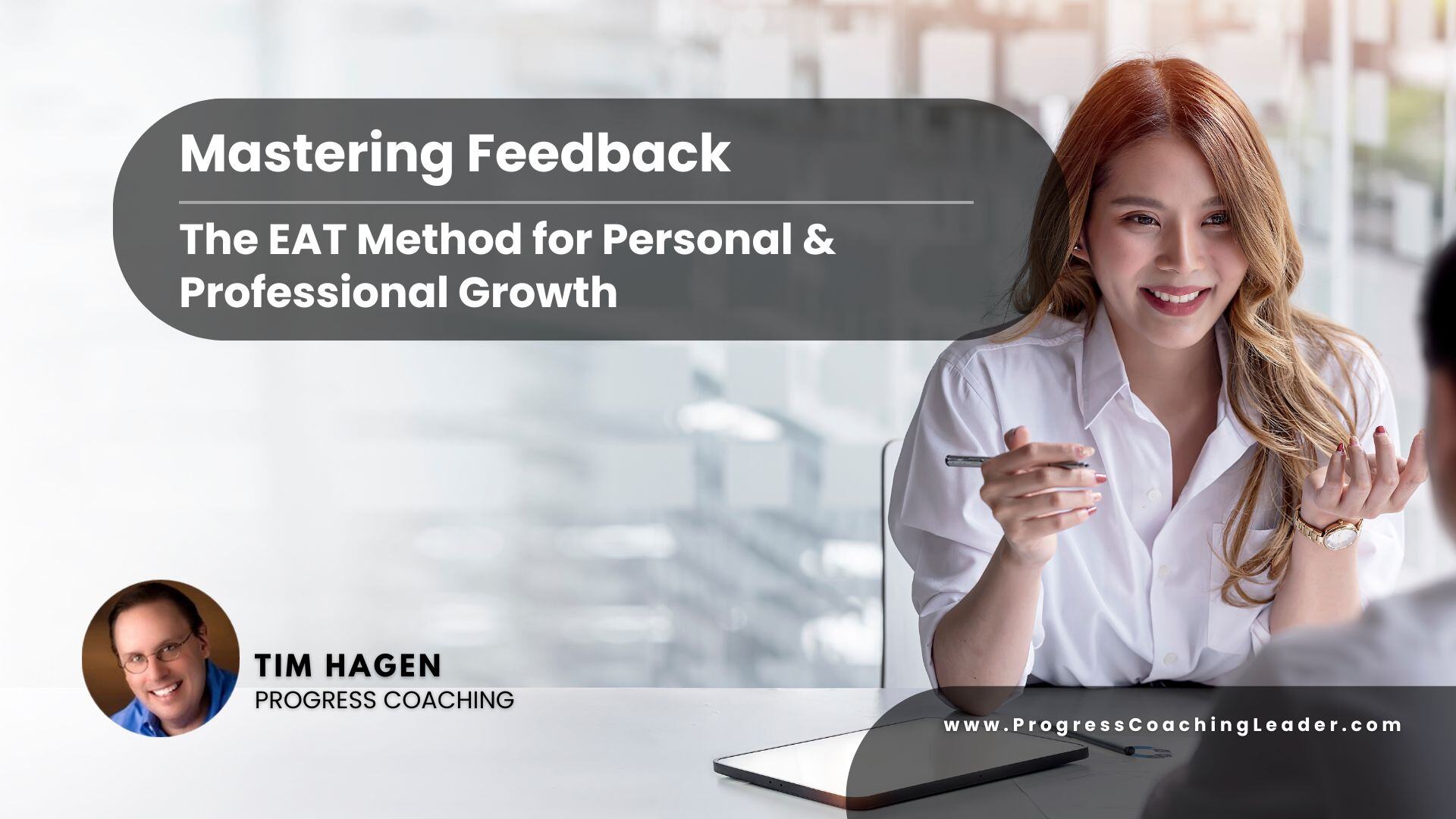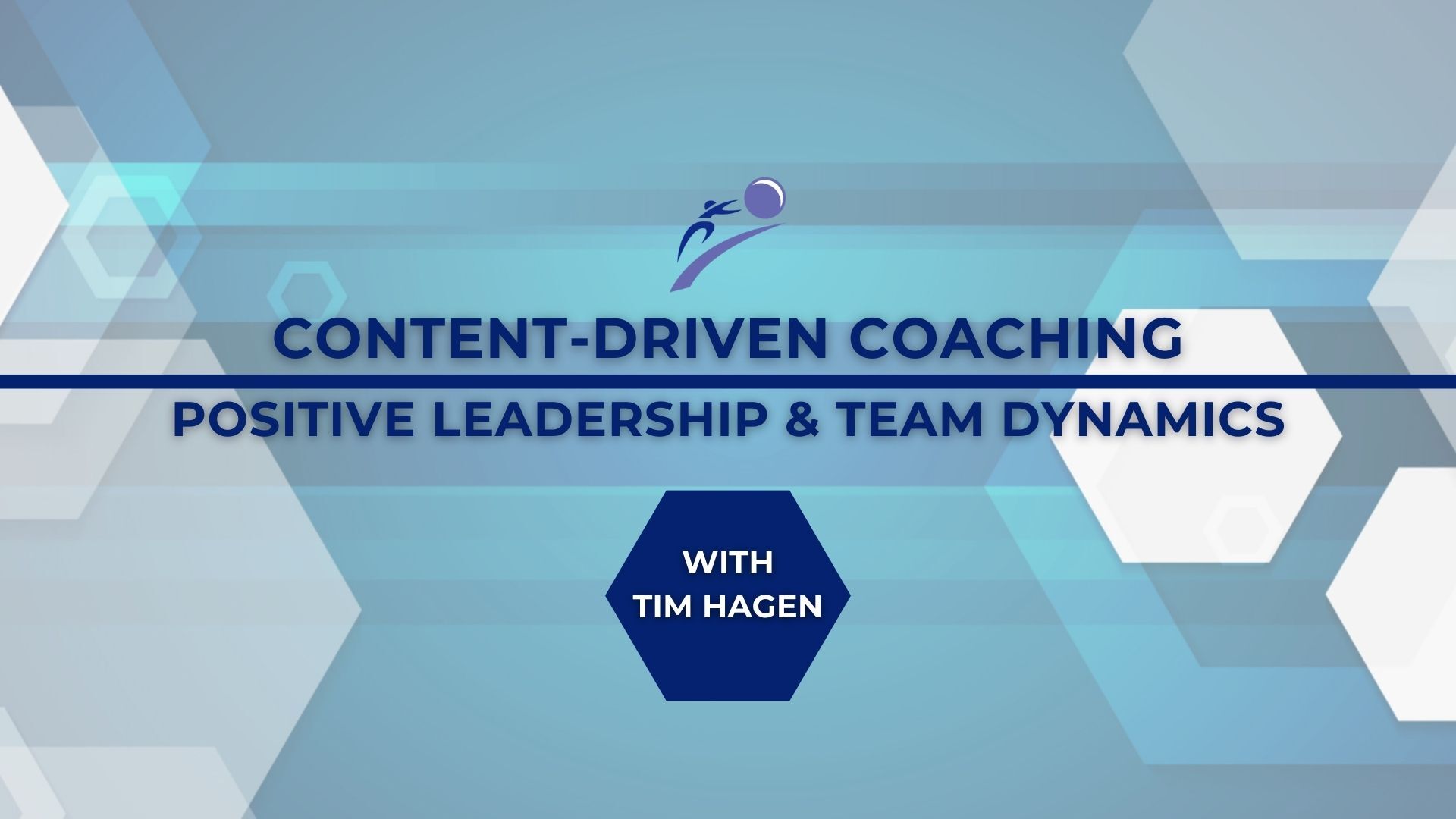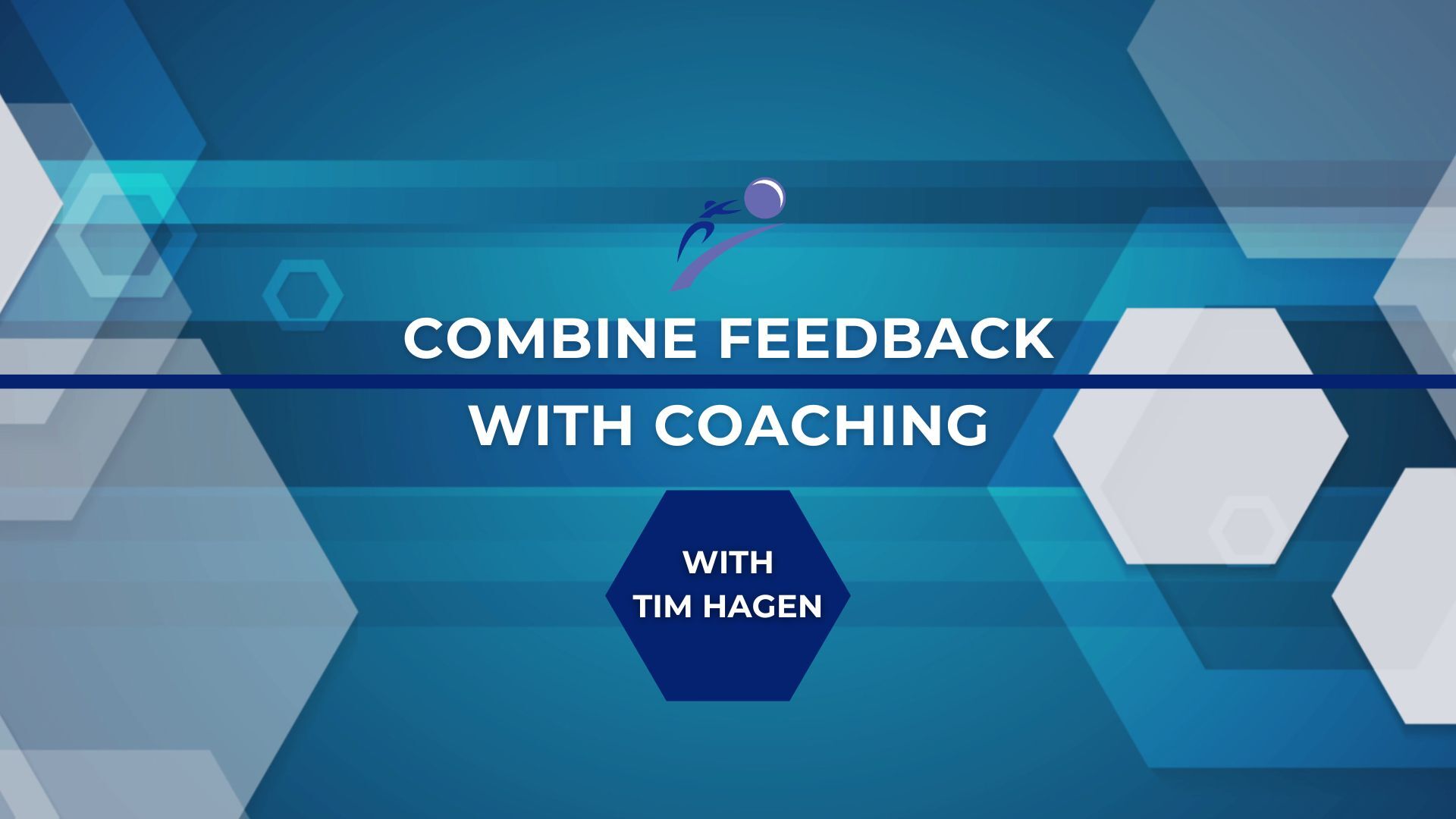Mastering Feedback: The EAT Method for Personal and Professional Growth
What if feedback wasn’t something to dread, but a positive tool for growth? In this compelling episode, we unravel the interwoven concepts of approachability, coachability, and feedback. We'll redefine feedback as valuable insights, perspectives, and observations, rather than a trigger for defensive reactions.
By building a healthy relationship with feedback, and learning not to simply agree or disagree but to embrace it with emotional control, we can significantly enhance our professional interactions. We introduce you to the EAT feedback method—Embrace, Ask, and Tell. Learn how to express gratitude for feedback, ask for specific areas for improvement, and articulate your action plan for accountability.
Conditioning your responses and disrupting negative psychological triggers helps you foster a positive and professional attitude toward feedback. Master emotional control and leverage feedback for your personal and professional growth-- read along!
When it comes to approachability and coachability, we have to understand there's an interwoven connection with this thing called feedback. Feedback is a loaded term. I actually dislike the word feedback. I prefer words like insight, perspective, and observations. Feedback just tends to trigger people in a negative way. Yet what I will share with you is this: at the foundation of what we need to do as really good employees is to develop a healthy relationship with feedback.
Notice I did not, say make sure you agree with all feedback. Yet that is at the foundation of where people get in trouble. We discount feedback based on our agreement or disagreement. So if a boss says to me, "Tim, you were late for work again today," and I know I wasn't late, I feel the urge to argue that away. Yet I don't really think about it first. Instead, I replied, "Where did you get the understanding I was late?" He says, "Well, so-and-so told me."
It's not a factual representation and we get triggered emotionally when we hear things we don't like.
One of the best things we can do (and I would encourage you to check out our whole course, we actually have a certification program for trainers) is to do something called EAT feedback.
Embrace, Ask, Tell
Embrace: "Thanks for the feedback."
Ask: "Where do you think I could specifically improve to get here in time for work, or what I could do to clear up that reception for you?"
Tell: "Let me tell you what I'm going to do with your feedback," which shows accountability and ownership.
At its core, this method uses psychological disrupts to flip negative mindsets. Because if my boss says, "Tim, you're always late," my first reaction is anger. Granted, this is a fairly bland example, but it shows the point. My reaction is frustration: "What do you mean? I'm never late for meetings." If somebody said that to me, I would feel a little triggered.
Write this part down.
When we start to develop conditioned responses of emotional control, we start to embrace. We start to develop a more positive relationship. We begin to utilize this thing called feedback much more positively, plausibly, and professionally.
ACTIVITIES FOR EMBRACING FEEDBACK:
1) Ask someone to itemize the best ways to approach them when they exhibit strengths and how they would like to receive that feedback.
2) Ask them to itemize a list for when they need correction on how to approach them constructively.
3) Have people practice giving feedback, the first session is positive feedback only to another, listing strengths they believe the other has. Focus on strengths only for several sessions and allow people to become comfortable with receiving feedback and building their confidence.
4) When someone receives feedback, ask them to list things they'll do to support the strength-based feedback and the areas of constructive feedback. Give them several minutes to accomplish this after receiving feedback.
Boost your coaching and leadership game with our FREE COURSE to help leaders enhance their coaching abilities.
Lead with Impact: 6 Steps to Building a High-Performance Coaching Culture in Your Organization
This is a 7-day course with video lessons sent to your email throughout the week. You can watch the recorded lessons on your own time at your own pace.
Discover:
-
The best attributes of coaching
-
An efficient framework for coaching
-
The crucial tiers of learning
-
The 3 levels of change
-
The power of questions
-
and more!
Access the free course here: https://upvir.al/156009/lp156009





